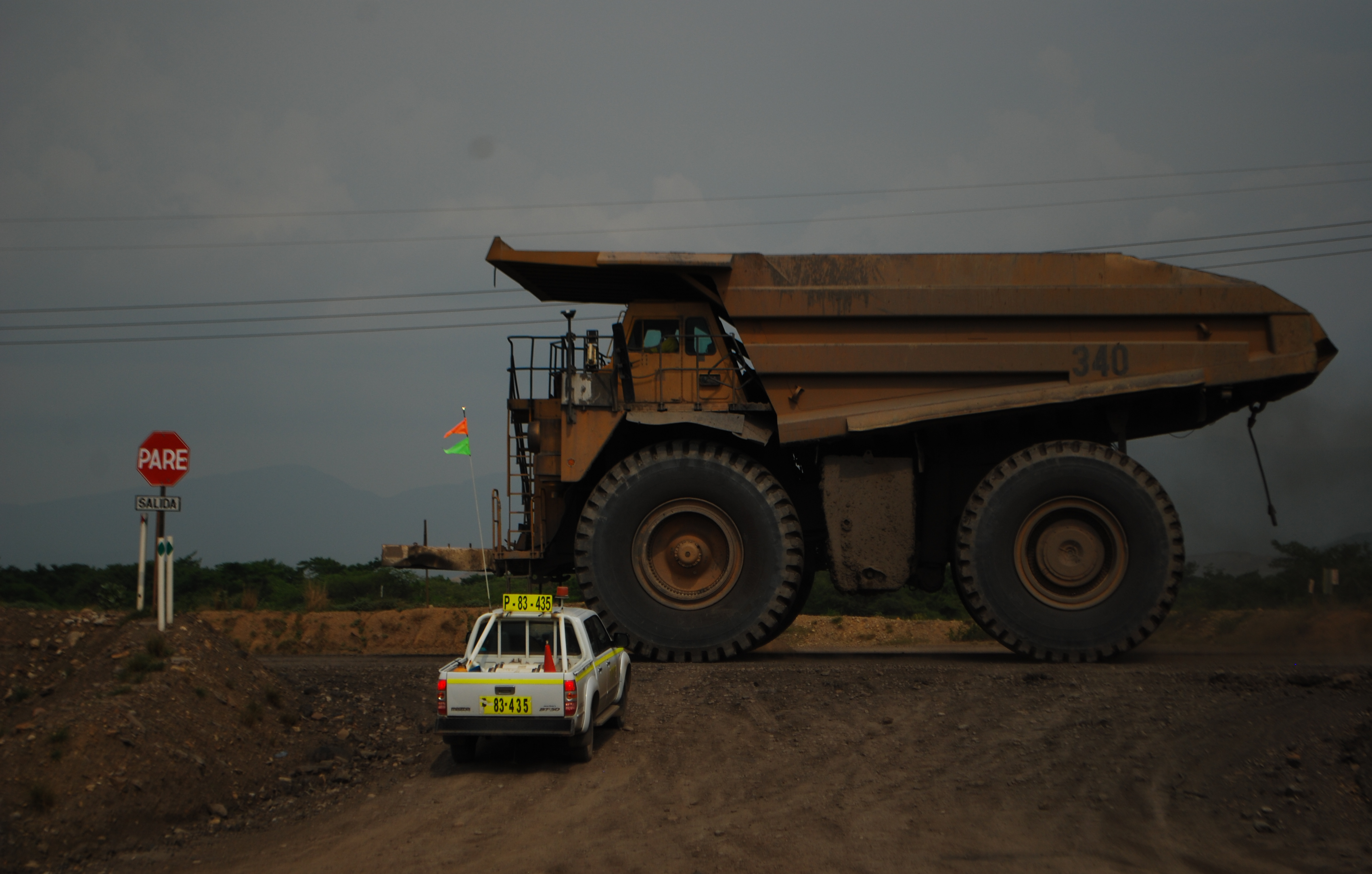Oh Canada!
And oh Justin Trudeau, because not a day goes by without someone from the United States praising the Prime Minister, his traditional good looks, his support for refugees, his firm handshake when he encountered Donald Trump or hey, did we mention he’s good looking?
And yes, I know it’s tempting to think that the body double for Prince Eric in the Little Mermaid is just the nicest of guys — and admittedly, it’s easy to understand why people who compare Trudeau to our fatuous oversized orange shit stain find something appealing about a world leader who can regularly form sentences that are both grammatically correct and free from openly fascist symbolism. But don’t get it twisted, Justin Trudeau is no angel: in fact, he’s the darling of the Canadian fossil fuel industry — you know, the people responsible for the Keystone XL Pipeline and its numerous planned sequels — and an enthusiastic supporter of the military industrial complex too.
For making neoliberalism look sexy again, I’m declaring Justin Trudeau this week’s Low Life Scum.




